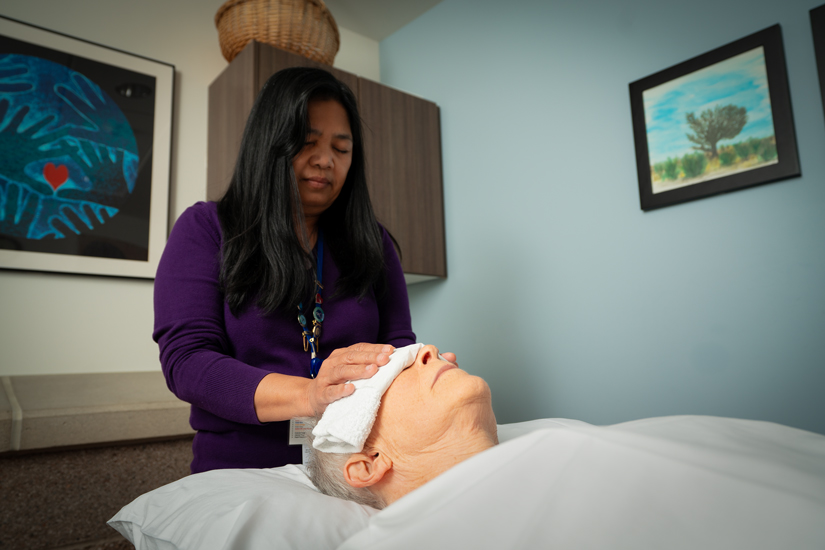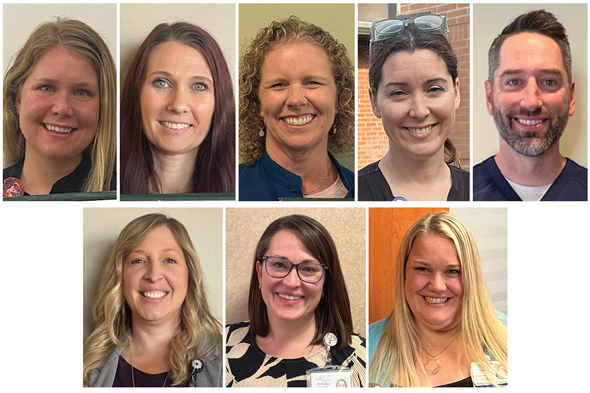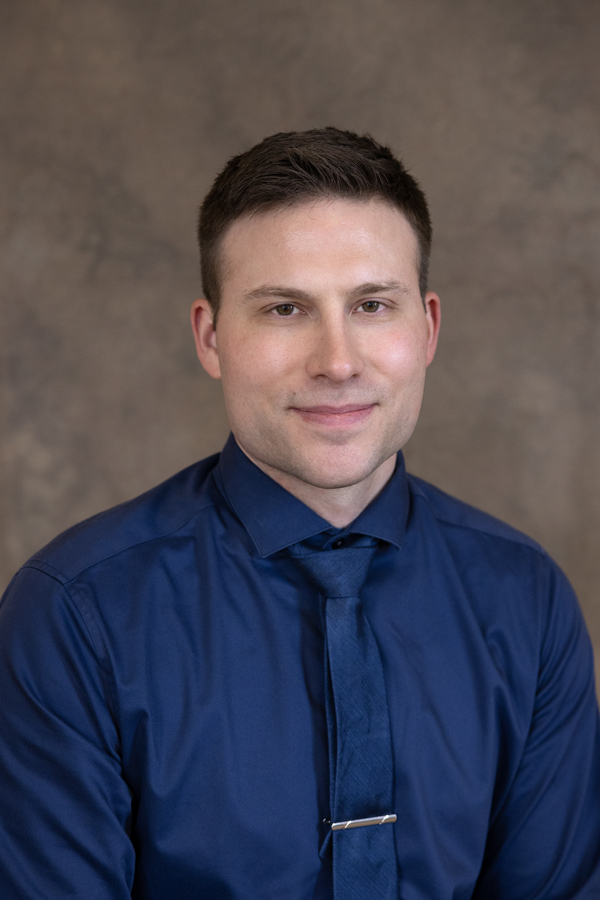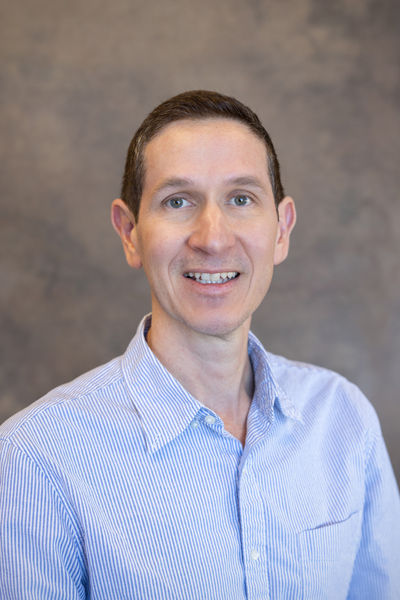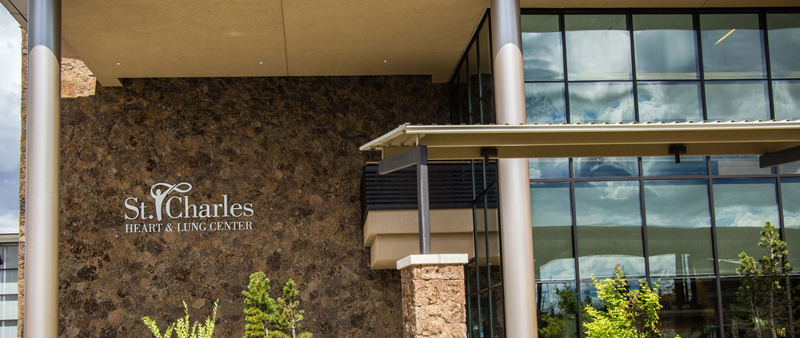The St. Charles Pulmonary Nodule Clinic is a collaborative program developed in partnership with Central Oregon Radiology Associates and multiple specialties within St. Charles, including pulmonology, cardiothoracic surgery and oncology. The clinic provides comprehensive, evidence-based evaluation and treatment for patients with pulmonary nodules. Our multidisciplinary team works together to ensure timely diagnosis, personalized care plans and seamless coordination across specialties.
Services include:
- Multidisciplinary case review using advanced imaging and diagnostics.
- Personalized risk assessment and lifestyle risk reduction strategies.
- Coordination of follow-up care.
- Smoking cessation education and ongoing support.
What is a pulmonary nodule?
A pulmonary nodule is a small, round or oval-shaped growth in the lung, typically less than 3 centimeters in diameter. Pulmonary nodules can be either benign (non-cancerous) or malignant (cancer). Most nodules are benign and are discovered incidentally during imaging for unrelated issues.
Risk factors for malignant nodules include:
- Age over 50.
- History of smoking.
- Personal history of cancer.
- Family history of lung cancer.
- Exposure to asbestos, radon, or other carcinogens.
Getting started with the Pulmonary Nodule Clinic
Our nurse navigator reviews imaging and patient health history to identify patient who may benefit from further evaluation. If you qualify, we will contact your primary care provider to request a referral. Even if you are not considered high-risk, you may still schedule a consultation to discuss your options.
Why early detection matters
Our goal is to detect and manage pulmonary nodules early, when there is a higher likelihood for a cure. While the majority of nodules are benign, early identification of malignant nodules can greatly improve outcomes. We focus on minimizing unnecessary procedures while making sure high-risk patients get timely, specialized care.
Advanced diagnostic tools
Our clinic offers advanced bronchoscopy technologies, including navigational bronchoscopy, which allows for precise, minimally invasive biopsy of lung nodules. These tools enhance diagnostic accuracy and reduce the need for surgical procedures.
Monitoring and treatment
Patients with benign or indeterminate nodules are enrolled in a personalized surveillance program, following national guidelines for imaging and follow-up. If a nodule is found to be malignant, our team coordinates a smooth transition to treatment, which may include surgery, radiation, chemotherapy or immunotherapy dependent on each patient’s needs.
For questions or more information contact:
Natasha Bickmore, RN
Pulmonary Nodule Clinic Nurse Navigator
541-706-5802


